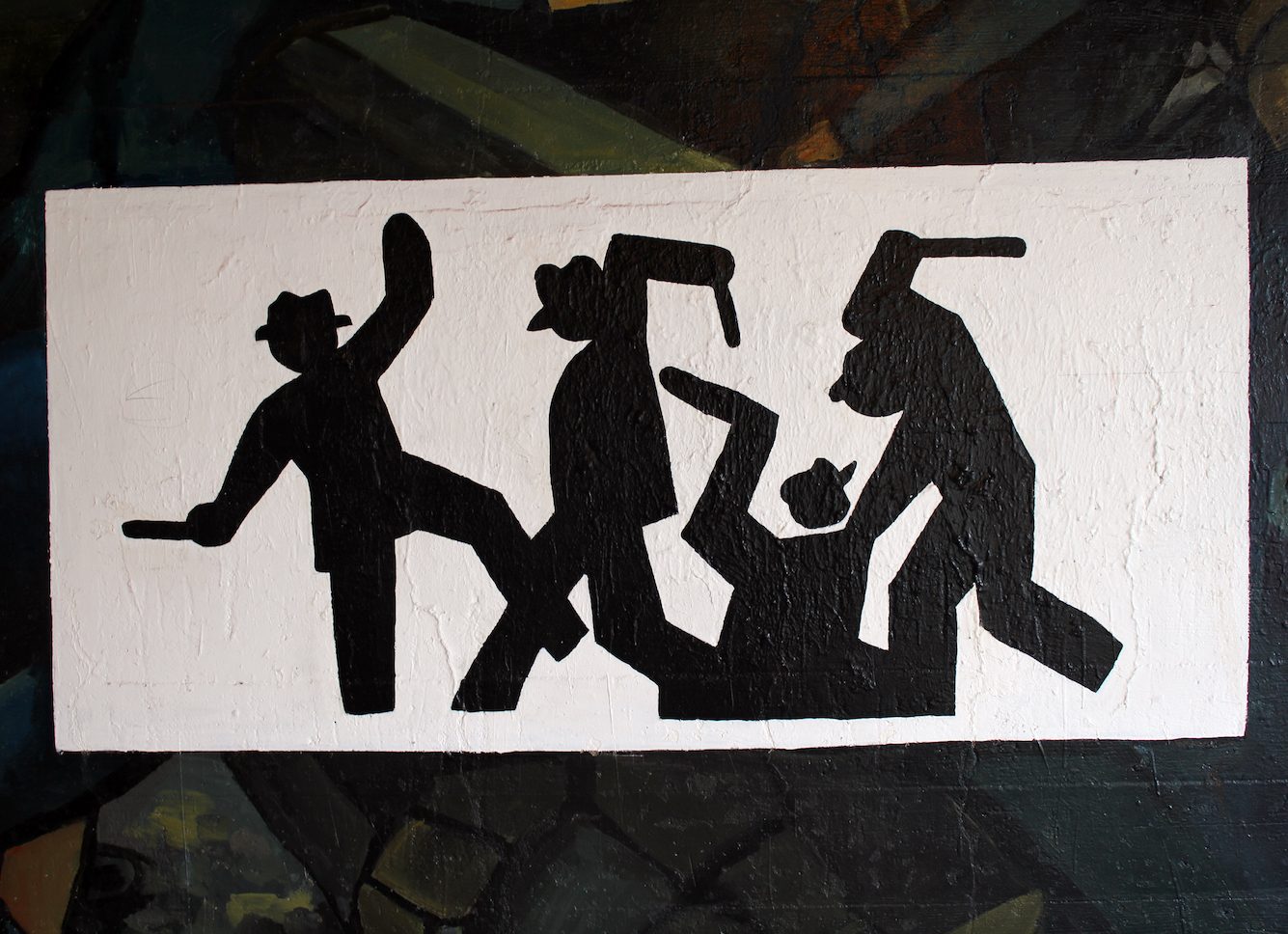How to Stop the Violence
If we want to stop the bloodshed in places like Chicago, we need more public investment — not more authoritarian policing.

Quinn Dombrowski / Flickr
Many historians, political scientists, and worried observers have cited Donald Trump’s vilification of the press, strong-arm tactics towards other nations, xenophobic hysterics, and the firing of FBI chief James Comey as growing evidence of an authoritarian leader.
In response to the Comey firing, Vermont senator Patrick Leahy remarked, “This is not just a scandal. The president’s actions are neither Republican nor Democratic. They’re authoritarian. This is an effort to undo the ties that bind our democratic form of government. All of us, both sides of the aisle, must now put country over party.”
The tendency to demand absolute loyalty, and to condemn an independent judiciary and celebrate police and military solutions to social problems, have long been considered key ingredients of an authoritarian regime. According to Italian historian Ruth Ben Ghiat,
There’s this testing period constantly that the authoritarian is doing to see how much he can get away with. What is the appetite of the political elites and the public for violence? And this goes back to Trump’s comment — right? — that he could shoot someone. This is quite extraordinary. And Mussolini did the same thing, as did Hitler.
Certainly, such developments should concern any freedom-loving American, but how endemic are the sentiments Trump has unleashed? What about the recent quote from 15th Ward alderman Ray Lopez, in my Brighton Park neighborhood? After ten people were shot, he remarked that “[I’m] thankful today that no innocent lives were lost.”
In the midst of his press remarks, a community member cursed out the alderman and condemned his devaluation of human life by asserting, “They’re not animals. They were people.” Instead of public outrage in response to Lopez’s insensitive response, many media pundits celebrated his quote. Sun-Times columnist Mary Mitchell said that his statement took “courage” and that he set a “powerful example.”
But what kind of example exactly? That, like Trump, we can use force, aggressive policing, and violence to eliminate those among us that are part of gang activity? As a high school history teacher, I have taught many students caught up in gang life for a variety of reasons: family instability, poverty, homelessness, in search of community, etc.
We have to look more carefully at how violence in Chicago has peaked during eras of great economic turmoil. In the 1930s Chicago was known as “Murder City” because of mob violence spurred by the Great Depression. Whether it was the homicide crisis of the 1980s, after Chicago lost the majority of its manufacturing jobs that had kept countless families afloat, or the current homicide crisis that has evolved after the greatest loss of black and Latino wealth in the nation’s history after the Great Recession, it is far too easy to blame individuals for circumstances that are clearly bigger than any one person.
Lopez’s comments reflect an authoritarian ethos in a place where few Democrats will criticize one of their own for Trump-like behavior. The same sentiment has been expressed by Filipino’s strongman president Rodrigo Duterte, who said, “Do the lives of ten of these criminals really matter? If I am the one facing all this grief, would one hundred lives of these idiots mean anything to me?”
It’s also not limited to Lopez. Alderman Ed Burke pushed to pass a “Blue Lives Matter” ordinance after the shooting of Laquan McDonald set off countless protests and is a direct repudiation of Black Lives Matter, celebrating open season on troubled black youth by the police. Is it just a coincidence that Burke has defended police violence and Trump’s property tax appeals, or that Lopez is considered one of his proteges?
Would Alderman Ray Lopez suggest that we begin to indiscriminately kill purported gang members as a solution to the epidemic of violence raging in Chicago? Does he endorse a civilian reign of terror against “criminals” along the lines of the bloodshed unleashed by Duterte?
Or should we take a step back, examine the conditions that have produced this incredible violence and heartache, and try and win our city back through investment, love, and a rejection of the knee jerk-vigilante reactions coursing through the body politic?
What if instead of focusing on more police, we focused on creating more jobs, affordable and public housing, sustainable community schools, and community programming that disrupted the tensions between young people from different parts of the same neighborhoods?
Perhaps then we could address what causes our children to choose the gang life, violence, and certain peril instead of the healthy human development and opportunities we all wish they could experience instead.